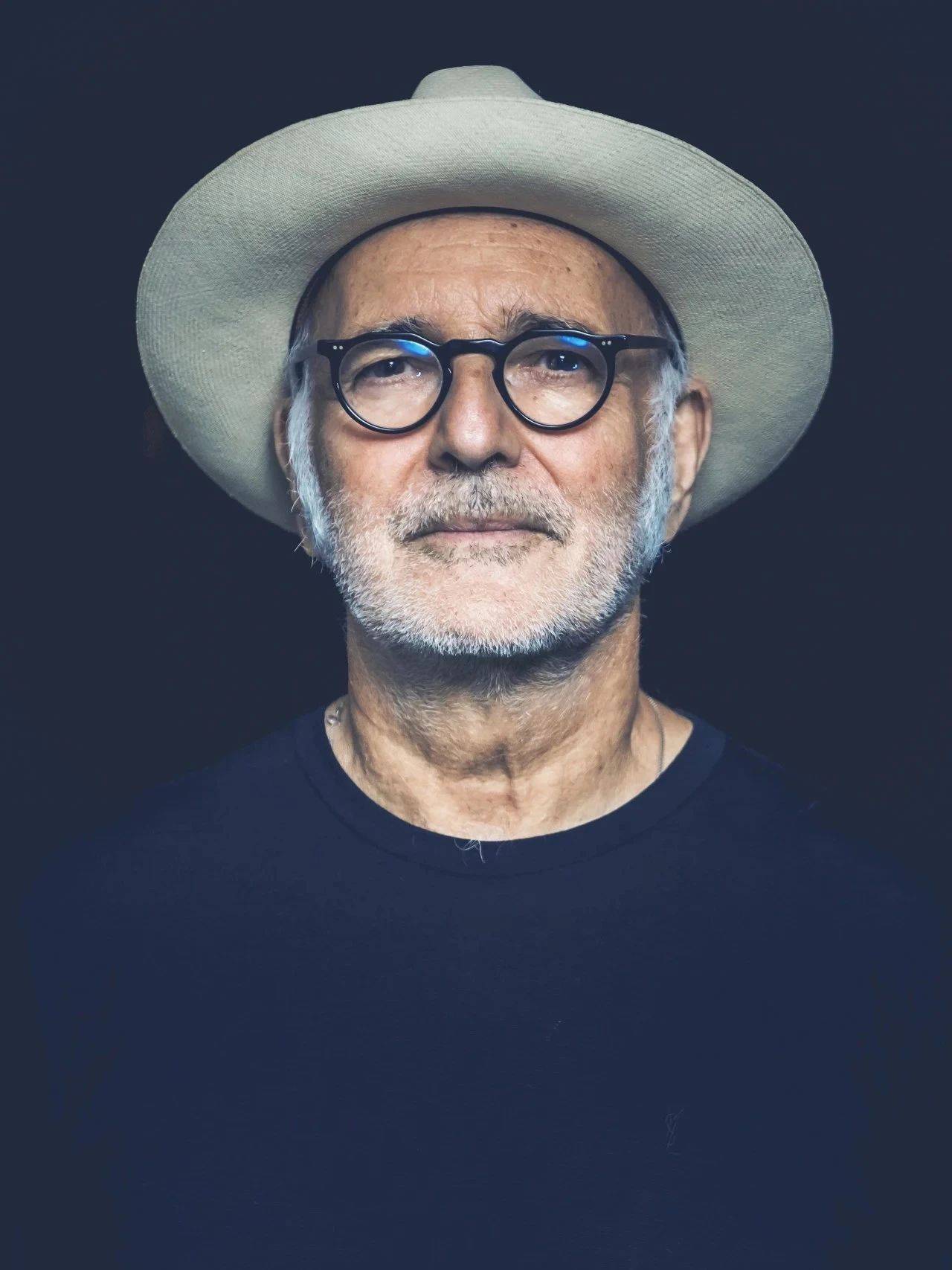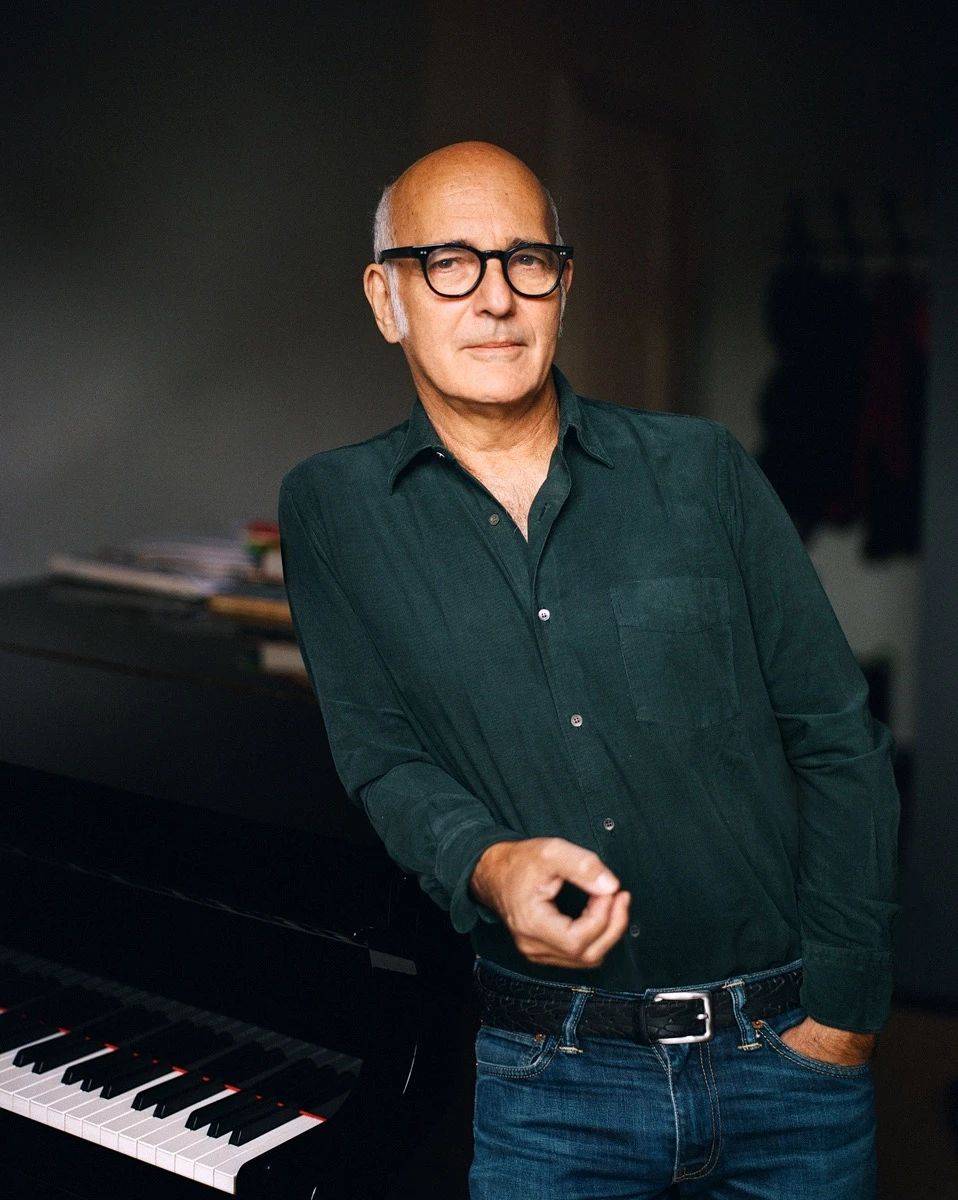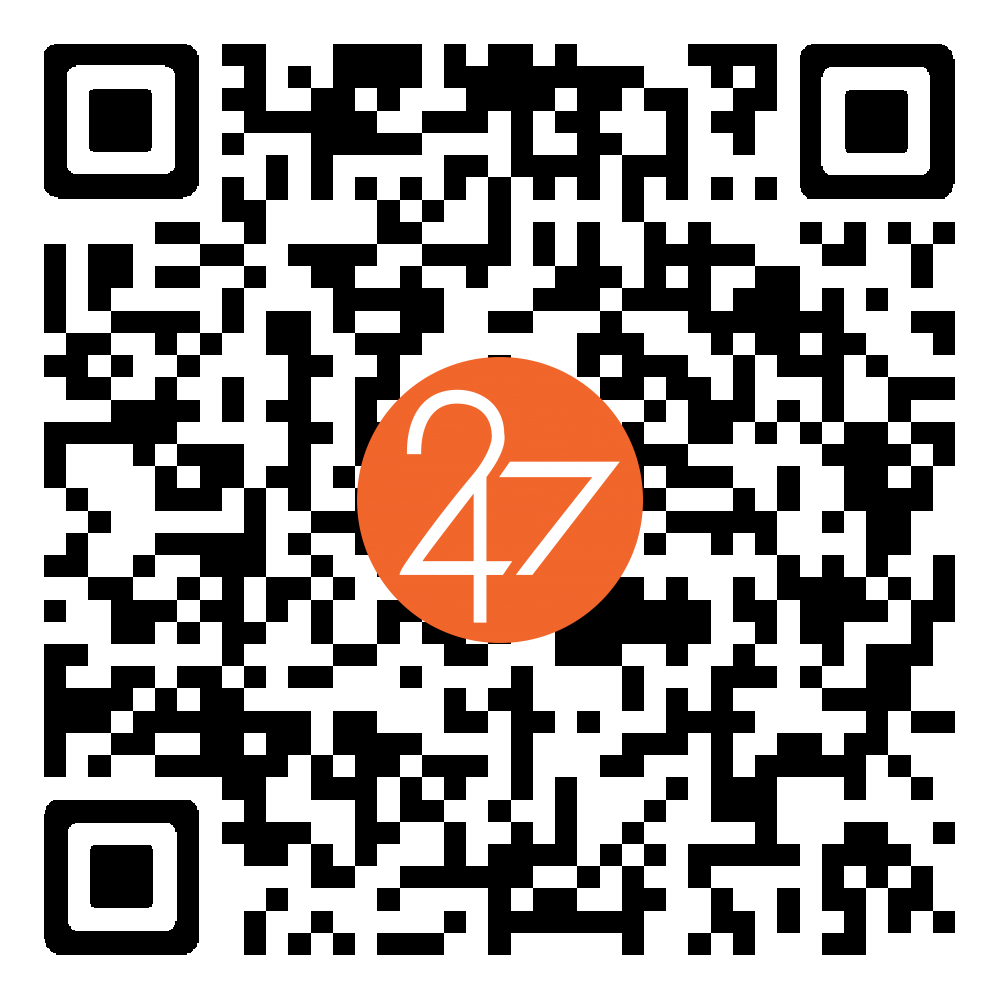
Ludovico Einaudi The Summer Portraits Tour - Shanghai
Venue:
31 New Bund BOCOM Performing Arts Center·Grand Theater
No.777, Gaoqing West Road Pudong Shanghai
Date:
4/7/2025

Ludovico Einaudi The Summer Portraits Tour - Shanghai
4/7/2025
31 New Bund BOCOM Performing Arts Center·Grand Theater
No.777, Gaoqing West Road Pudong Shanghai
¥280 - ¥1080
Event details
👉 Send an e-ticket SMS starting with [前滩 31] and enter with the SMS
👉 Requires real-name ticketing
👉 Children under 1.2m are not allowed to enter
👉 All attendees require a ticket
👉 No cancellation
Pianist and composer Ludovico Einaudi was born in Turin on November 23rd 1955. Perhaps it was his mother, an amateur pianist, who first introduced him to music, planting the seeds for what would become an illustrious career. He began to study music at the Conservatory of Turin and graduated under Azio Corghi at the Conservatory of Milan, and then studied with Luciano Berio, becoming his assistant, and with Karlheinz Stockhausen.

In 1982 his talents won him a scholarship to the Tanglewood Music Festival, where he first came into contact with American minimalism. He spent the next several years composing for the ballet, the cinema and the theater, including “Sul filo d’Orfeo” (1984), “Time out” (1988), “The Wild Man” (1991), and “Salgari” (1995), as well as numerous pieces for orchestra and ensemble, which were performed at La Scala of Milan, the Paris Ircam and Lincoln Center, in New York. With the album “Stanze” (1992), a collection of sixteen compositions for harpist Cecilia Chailly, he set off on “a journey towards essentiality, trying to achieve the maximum expressive intensity using the minimum indispensable”.
But it was with “Le Onde” [The Waves] (1996), his first solo album, inspired by Virginia Woolf’s novel, that he truly caught the piano world’s attention, and built on that with his next release, “Eden Roc” (1999), in which he played with a string quintet and duduk master Djavan Gasparyan, and “I giorni” (2001), a cycle of ballads for piano inspired by a trip to Mali. He returned to Africa two years later at the invitation of the Festival au Desert. A new album, “Diario Mali”, with kora master Ballaké Sissoko, blossomed from this experience.

In 2009 he released “Cloudland”, with Robert and Ronald Lippok, and “Nightbook”, a nocturnal, introspective work that “projects the piano in every direction, like a shadow”. The peak performance of his European and American tour was once again at the Royal Albert Hall, recorded live and released as a double CD and DVD.
In 2013 he released “In a time lapse”, a reflection on time, recorded in a monastery and “conceived as a suite or as the chapters of a single novel”, in which his piano was accompanied by strings, percussion and electronic tracks. The world tour that followed featured many remarkable performances, such as the concerts at the Sidney Opera House and at the Arena of Verona in particular, but also the acclaimed “Piano Africain” performance, for six pianos and six balafons and marimbas, which opened the Piano City Milano festival in 2014.
In 2016 he performed his “Elegy for the Arctic”, commissioned by Greenpeace, on a floating platform amidst the ice in the Arctic Ocean.
The same year marked the debut of “Dieci Notti” at Teatro Dal Verme, in Milan, which would become an annual concert series with special events, “to give back something to a city that has given me so much”.
Also in 2019, he wrote the original music for “Mary said what she said” about the life and torments of Mary Stuart, directed by Bob Wilson, starring Isabelle Huppert and produced by the Théâtre de la Ville de Paris. He was also commissioned by the Teatro Massimo in Palermo to compose the opera “Winter Journey”, with the original libretto by Colm Tóibin and direction by Roberto Andò: a journey through the desolate winter of today’s Europe. Both works confirmed the composer’s maturity and depth in musical theatre.
In the summer of 2021, Einaudi took his music back to nature, in a series of eleven concerts immersed in the breathtaking scenery of national parks, nature reserves, creeks, valleys, lakes and pristine mountain meadows, reachable only on foot, at dawn, at dusk and under starry skies. An invitation to merge the musical experience with the natural landscape.
But it was the experience of suspended time during the lockdown, “with the world outside quiet and silent”, that led to the new solo piano album, released in 2022 and entitled “Underwater”, “a metaphor for fluidity without external interference”. A fresher and more immediate approach to music, in the flow of emotions, in an intimate conversation, face to face, with the piano”.
Notice
Date: Monday, 7th Apr. @ 19:30
Price: 280/480/680/880/1080

Follow our WeChat for event news, deals, gossip and more!
Book Now
Ludovico Einaudi The Summer Portraits Tour - Shanghai
Venue:
31 New Bund BOCOM Performing Arts Center·Grand Theater
No.777, Gaoqing West Road Pudong Shanghai
Date:
4/7/2025
© 247tickets 2020 沪ICP备19024898号-2

 Add us on WeChat to speak to our friendly customer service team! ID: love247tickets
Add us on WeChat to speak to our friendly customer service team! ID: love247tickets